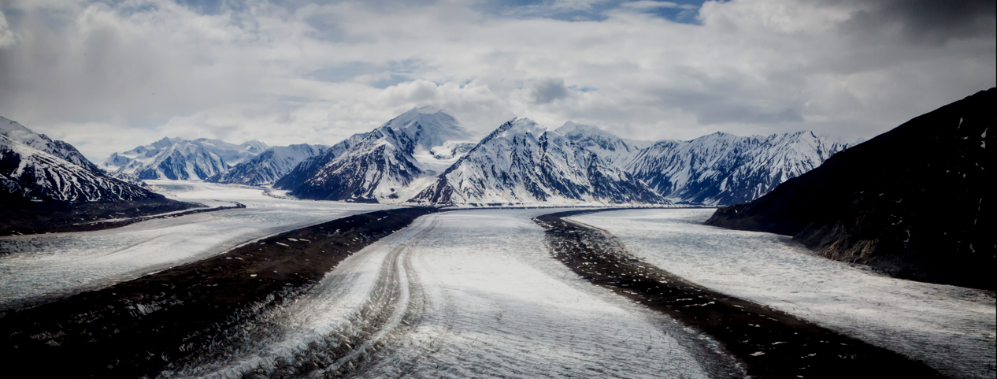
Creating St
An NREN case study by Yukon University
Canada’s North has a huge amount of untapped natural resources like diamonds, gold, iron ore, and other important metals. Historically, extracting those materials was often done without the involvement of local people, removing wealth and job opportunities from communities in need of both. Today’s mining companies are more conscious of the need to collaborate with First Nations peoples; however there is still a lack of knowledge when it comes to the best way to blend traditional cultures and values with prevalent business practices.
Smart and sustainable
Resources and Sustainable Development in the Arctic (ReSDA) is a network of researchers that aims to solve this problem. By studying the intersection of communities, government, private sector, and non-profit organizations in the North, ReSDA’s goal is to ensure that local communities realize a larger benefit from extractive industries while incurring a lower cost to their culture and people. With coordination centred out of Yukon University, ReSDA joins scientists across the Canadian North and other Arctic regions around the world that want to make the North a sustainable ecosystem for everyone involved.
Questions that the researchers are trying to answer cover a wide range of societal and cultural issues: how to minimize the loss of land and reduce environmental impacts from mining, how to balance traditional lifestyles with a wage-based economy, how to incorporate cultural knowledge into worker practices and rights, how to understand the impacts of gender barriers in community decision-making, how to best educate and train local workers, and how to maintain family connections for workers in remote isolated environments for long durations. So far, ReSDA has generated dozens of papers and articles with findings critical to maintaining the North’s culture in the face of exploding business opportunities.
To support these researchers and community partners, the ReSDA Atlas was created to provide a a rich trove of data on past and present resource developments in the Yukon, Northwest Territories, Nunavut, Nunavik and Labrador, including reports, news articles, and statistics.
What is the NREN?
The National Research and Education Network (NREN) is an essential collective of infrastructure, tools and people that bolsters Canadian leadership in research, education, and innovation. CANARIE and its thirteen provincial and territorial partners form Canada’s NREN. We connect Canada’s researchers, educators, and innovators to each other and to data, technology, and colleagues around the world.
Northern network
Yukon University, which operates the territorial arm of Canada’s National Research and Education Network (NREN), provincial and territorial NREN partners, and federal partner CANARIE, provide the technology that makes ReSDA possible. The university provides a robust high-speed data network, which allows researchers throughout the North to reliably share information, and CANARIE provides linkages from Canada to global institutions so that Canadian scientists can compare notes and seamlessly collaborate with their Arctic-focused peers in Iceland, Greenland, Scandinavia, Russia, and the United States.
Canadian leadership role
ReSDA is doing its part in helping the North preserve its unique heritage, culture, and ecosystem, while also enriching the lives of the people living there with the money and jobs that extraction industries bring. For example, they have helped negotiate agreements with mining companies that make allowances for First Nation culture and ways of life. They have likewise produced a guidebook that helps mobile and rotational workers cope with the stresses of a lifestyle that keeps them away from home for long periods of time. The guidebook also contains useful information for mining companies and local communities affected by long-distance commuters who fly or drive back and forth to mining camps.
With support from Yukon University and the partners in Canada’s NREN, ReSDA is helping indigenous people across all Arctic nations, their governments, and private industry work effectively together. It is also positioning Canada on the global stage as a world leader in socially sustainable resource development that maximizes benefits to local communities.

